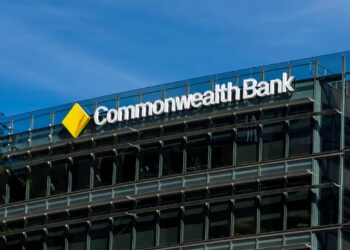The Australian Taxation Office (ATO) will be turning its attention, for the first time, to the activities of the largest self-managed superannuation funds (SMSFs) as part of the regulator’s compliance program for the 2013 financial year.
“For the first time we will run a program focused on the largest SMSFs to check they are meeting their regulatory and tax obligations,” ATO assistant commissioner superannuation Stuart Forsyth told delegates at the Small Independent Super Funds Association SMSF Forum in Brisbane on Friday.
The driving force behind the new initiative is to confirm how some of the largest asset balances within the SMSF sector actually came about.
“There are a number of ways these balances have occurred. Essentially a lot of these people put the money in some time ago, before the caps were in place,” Forsyth said.
“Others seem to have had remarkable good investment strategies and have been able to achieve massive income gains over recent years. And that may not be a problem but we need to check some of those.
“But you can’t have a conclusion of fact on the basis that somebody’s assets have grown quickly. They may have just bought very good assets.”
According to Forsyth, the specific elements of the funds the ATO will be examining include whether the assets were acquired at arms-length and whether the associated income was also generated at arms-length, whether all compliance obligations were satisfied in producing the income, and if any of the income reported needed to be taxed at the top marginal tax rate.
In particular assistant commissioner highlighted the fact the ATO was aware some of these large SMSFs had not adhered to the minimum pension payments required under current superannuation legislation.
“So we’re analysing the top 200 funds based on our assessment of their tax and risk and regulatory risk,” Forsyth said.
“The we’ll select 25 for a more comprehensive audit starting with an active review and aiming to have some of that work finished by the end of this financial year.”







